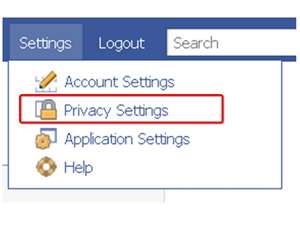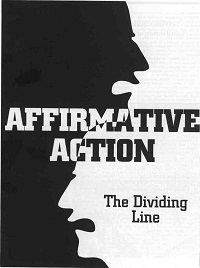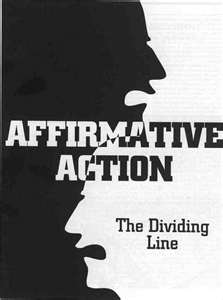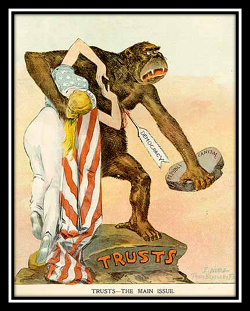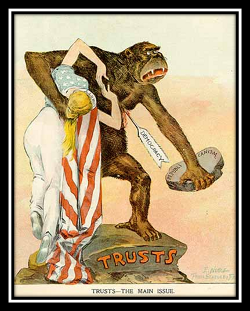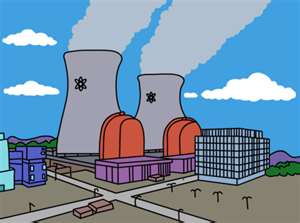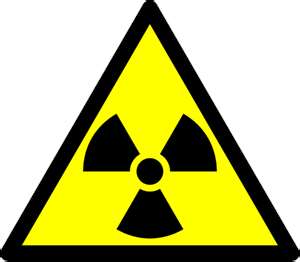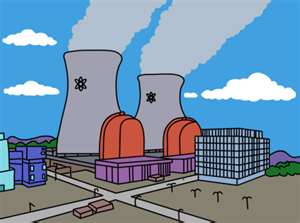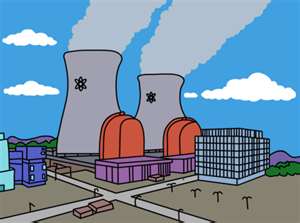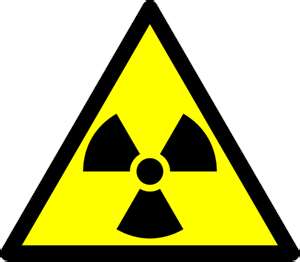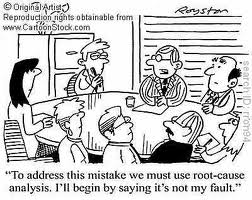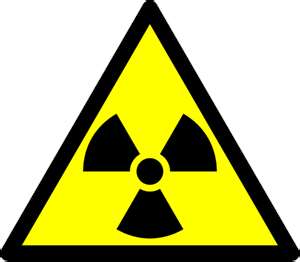 Today I’ll try to examine the arguments for and against Nuclear Power. It’s a controversial subject to say the least and I think it definitely needs a further study. It is also an incredibly important argument because energy is the driving factor in many of the issues the world and the United States face.
Today I’ll try to examine the arguments for and against Nuclear Power. It’s a controversial subject to say the least and I think it definitely needs a further study. It is also an incredibly important argument because energy is the driving factor in many of the issues the world and the United States face.
The need for energy in the modern world continues to rise and how we get that energy and who profits from payments for that energy is a key to future economic power. The rise of the fundamentalist Islamic state was certainly fueled by oil money more than any other factor and the revenue that will be generated by future, ever increasing, energy demands is a topic well worth discussion.
Wikipedia, as usual, rises to the occasion with an excellent article about the debate over Nuclear Power but I’ll try to summarize here as best as possible.
Energy Source
There is little argument here. Nuclear power is a tremendous energy source, just look at the sun, and has the potential to provide all the energy the world needs for the almost infinite future.
Energy Security
This is not about the safety of nuclear energy but about how a country can cut dependence on other nations for their energy demands. Again, for the United States, there is little argument here. Nuclear frees us from foreign dependence. We don’t have the oil reserves to sustain ourselves. I know, I know, we have shale. People, it doesn’t count. It’s not really feasible as a substitute for Light Sweet Crude and it’s not even better than coal for simple power plants. It’s filthy, expensive to extract, and basically not worth talking about compared to nuclear. If anyone tells you the U.S. has huge deposits of oil this is what they are talking about and they are, essentially, lying to you.
Reliability
Again, nuclear beats out wind, tide, and sun for its reliability. Always on, always ready. However, there is argument that nuclear plants are likely to shut down under extreme conditions. I see this but frankly, so are conventional plants. There doesn’t seem to be any evidence that nuclear power is less reliable than other sources.
Economics
This is a difficult one to track down. The basic idea is how much does it cost to produce the same amount of energy from nuclear, coal, wind, sun, tide, etc. There are a number of studies on this and it is absolutely true that while at initial glance nuclear power seems cheap there are factors including massive government subsidies to start up plants. Many people will quote the cost of energy in France, very low, but they don’t take into account that the entire nuclear system was built with government money.
Fairly reliable data indicates nuclear costs more than coal, gas, and hydroelectric but less than others. However, as infrastructure for solar and wind increase their cost will drop. It’s a tough one to answer directly. I’d say it’s fair to call nuclear competitive.
Environmental Impact
This is one that nuclear appears to lose, hands down. But, on closer examination it actually does quite well, particularly in comparison to coal which has a large negative impact. Miners lose their lives, filth enters the air and water, etc. Nuclear is largely clean except if disaster strikes. But, when disaster strikes it is bad. Oil spills are bad as well. Clearly, wind, wave, and solar have a lesser impact but solar panels require chemicals to produce and wind turbines take their toll on wildlife. In conclusion I’d have to side with renewable energy on this one.
Waste
Ah, the Achilles Heel of nuclear power. What to do with the waste. One possibility is Thorium reactors which don’t produce nearly the large amount of toxicity of uranium and plutonium reactors. Still, they produce highly toxic waste. Storing this waste is a huge problem, not in that we don’t have vast tracts of land available to store it, but do we have the political will to open up those lands and drive the waste across the country to them?
Accidents
Another thorn in the side of nuclear power. Accidents happen and in nuclear power they can cause utter devestation. Still, oil spills cause far more damage every year than nuclear accidents. France has been on the nuclear grid for many years without a single mishap. Still, the more plants out there increases the chance of accidents like in Japan.
Proposed Fourth Generation plants are definitely safer and Thorium plants actually have very little chance of disaster as they cool naturally over time if a mishap occurs.
Nuclear Proliferation and Terrorism
This is yet another problem for nuclear power. The byproduct of Uranium and Plutonium plants is material that can be converted into a powerful nuclear bomb. If stolen this presents a huge danger to the world. Thorium plants produce less dangerous material but still presents dangers.
All right, I’ve gone on pretty long here. I’ll save my conclusions until tomorrow but hopefully you have a better idea of the pros and cons of nuclear power.
Like, Tweet, Stumble, and comment if you feel the urge!
Tom Liberman
Sword and Sorcery fantasy with a Libertarian Twist
 This is a topic I’ve thought quite a lot about over the years. The relationship between frustration, anger, and eventually violence. The terrible actions of a United States service member in Afghanistan brings the topic to the front of mind again and I thought I’d share my thoughts on the subject with my vast audience.
This is a topic I’ve thought quite a lot about over the years. The relationship between frustration, anger, and eventually violence. The terrible actions of a United States service member in Afghanistan brings the topic to the front of mind again and I thought I’d share my thoughts on the subject with my vast audience.




